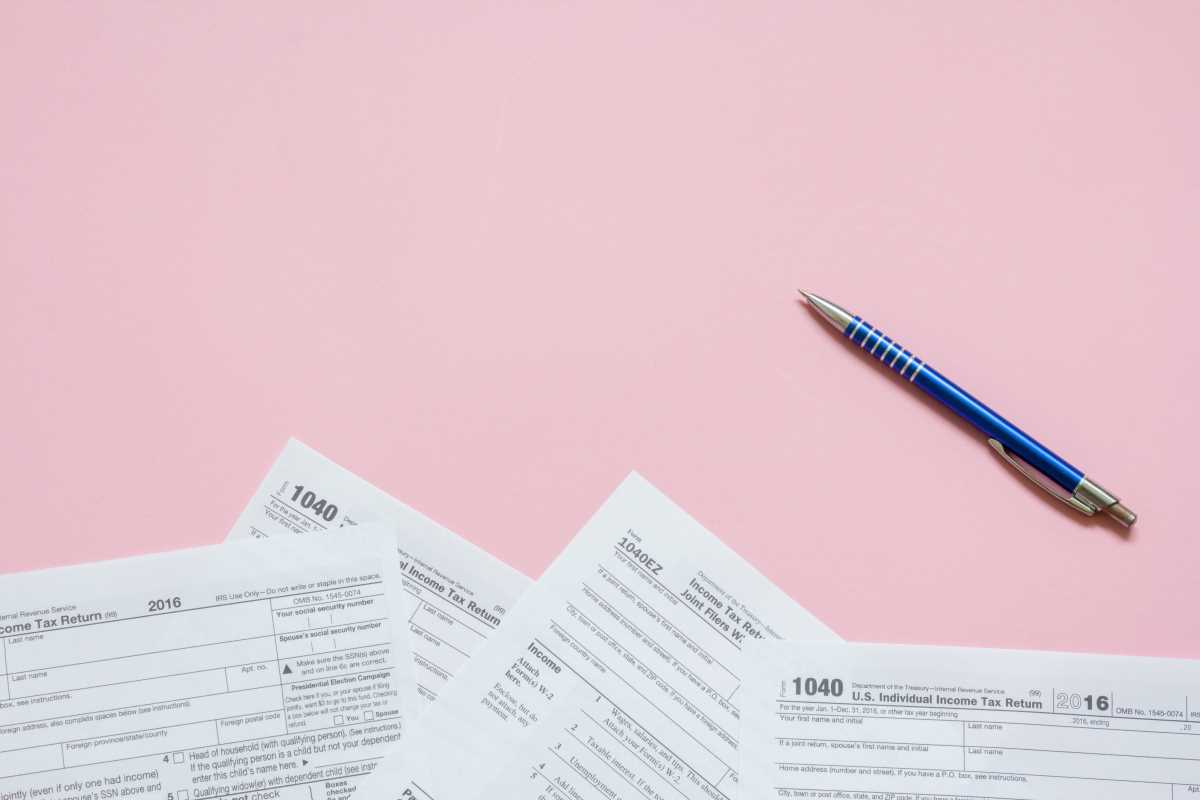Creating a comprehensive household budget is a crucial step toward financial wellness and stability. A well-thought-out budget helps you track your spending, prioritize expenses, and save for the future. It provides a roadmap for managing your money wisely, ensuring that you meet your financial obligations while also working toward longer-term goals. Let’s delve into the key aspects of creating a budget that works for you.
Determine Your Total Monthly Income
The first step in creating a budget is determining your total monthly income. This includes not only your regular salary but also any additional sources of revenue such as bonuses, rental income, freelance work, or investment dividends. It’s important to account for all sources of income so that you have a complete picture of how much money is coming in each month. Knowing your exact income is essential for planning your expenses effectively, as it sets the parameters for what you can afford to spend. Having a clear understanding of your income allows you to allocate your resources appropriately across essential needs, savings, and discretionary spending.
List Fixed Expenses
Once you have a clear picture of your income, the next step is to list your fixed expenses. Fixed expenses are recurring costs that remain relatively consistent from month to month. These include essential payments such as rent or mortgage, utilities, insurance premiums, and loan payments. Because these expenses are predictable, it’s relatively easy to allocate a portion of your income to cover these costs. Listing your fixed expenses ensures that the most important financial obligations are met first, providing a sense of security that your basic needs are covered.
Outline Variable Expenses
After accounting for fixed expenses, it’s time to focus on your variable expenses. These costs fluctuate from month to month based on your lifestyle and choices, and they typically include groceries, dining out, entertainment, clothing, and transportation. While variable expenses are more flexible, they can also be the areas where overspending occurs. To prevent this, it’s essential to set realistic limits for each category. Tracking your variable expenses helps you stay within your budget and allows for adjustments when necessary. If you notice that one category, like dining out, is consistently higher than planned, you can make changes to cut back and reallocate funds toward more important goals, like savings or debt reduction.
Set Financial Goals
One of the most important aspects of a budget is setting financial goals. Whether you want to build an emergency fund, save for a vacation, or pay off debt, having clear and specific goals motivates you to stick to your budget. Goals provide direction and purpose for your financial decisions, giving you a reason to make mindful choices with your money. Once you’ve identified your goals, allocate a portion of your income toward each of them. Tracking your progress regularly will keep you motivated and ensure you’re on track to achieve your objectives. For example, if you aim to save $5,000 for a vacation, determine how much you need to set aside each month to reach that goal within your desired time frame. Adjust your budget as needed to stay on course.
Plan for Irregular Expenses
A comprehensive budget must also account for irregular expenses, which don’t occur every month but can significantly impact your finances when they arise. Examples include car maintenance, annual subscriptions, holiday gifts, and unexpected medical bills. To avoid being caught off guard by these expenses, set aside a portion of your income each month in a separate fund specifically for irregular costs. By proactively saving for these occasional expenses, you can cover them without disrupting your monthly budget or dipping into savings meant for other goals. This strategy reduces financial stress and ensures you’re prepared for both planned and unexpected expenses throughout the year.
Monitor and Review Your Budget Regularly
Creating a budget is only the beginning; consistently monitoring and reviewing it is essential to staying on track. Regularly tracking your income and expenses allows you to identify spending patterns, make adjustments, and stay informed about your financial situation. Budgeting tools and apps can simplify this process by providing real-time insights into your spending habits. Many apps automatically categorize transactions, making it easier to see where your money is going and where adjustments can be made.
For example, if you realize you’ve been spending more on groceries than planned, you can reassess your shopping habits or meal planning. Reviewing your budget on a regular basis also helps you identify potential areas for improvement, allowing you to fine-tune your spending and saving strategies. By keeping a close eye on your budget, you empower yourself to make informed financial decisions and stay on track toward your long-term financial goals.
Creating a comprehensive household budget is a proactive approach to managing your finances effectively. By understanding your income, categorizing expenses, setting financial goals, planning for irregular costs, and monitoring your budget, you lay the foundation for financial stability and peace of mind. A personalized budget ensures that your spending aligns with your priorities and lifestyle, helping you avoid debt, build savings, and achieve your financial goals. With discipline and regular review, your budget becomes a powerful tool that puts you in control of your financial future.
 (Image via
(Image via





